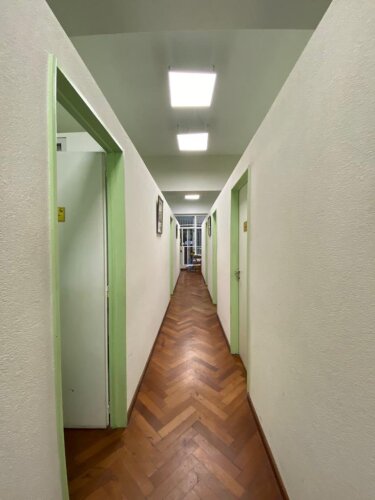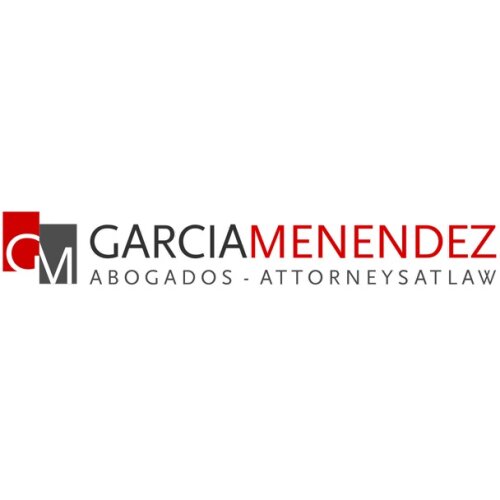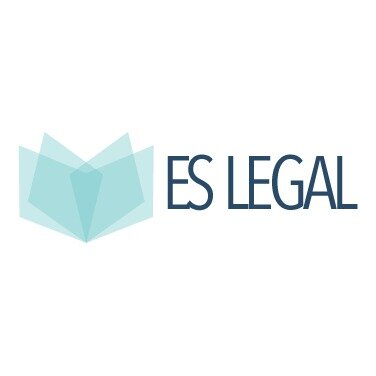Best Trusts Lawyers in Argentina
Share your needs with us, get contacted by law firms.
Free. Takes 2 min.
Or refine your search by selecting a city:
List of the best lawyers in Argentina
About Trusts Law in Argentina
In Argentina, trusts are primarily governed by the Civil and Commercial Code, which was enacted in 2015. Trusts are used to manage assets, plan estates, and provide for various needs in both personal and business contexts. They serve as a flexible legal tool for individuals and organizations wishing to ensure that their assets are managed and distributed according to their wishes. In Argentina, trusts can be set up to allow a trustee to hold and manage assets for the benefit of a third party, the beneficiary. Despite their utility, trusts may involve complex arrangements that often require professional legal guidance.
Why You May Need a Lawyer
Legal expertise is often necessary in the context of trusts for several reasons:
- To navigate the complexities of setting up a trust, ensuring compliance with legal requirements and proper documentation.
- To provide advice on the best type of trust that suits your specific needs, whether they are for estate planning, asset protection, or other purposes.
- To handle disputes that may arise between trustees and beneficiaries or among beneficiaries.
- To assist in the interpretation and enforcement of the terms of a trust.
- To ensure that tax implications are properly addressed and optimized within the framework of the relevant Argentine tax regulations.
Local Laws Overview
Key aspects of trust-related local laws in Argentina include:
- The trustee's role and responsibilities are clearly defined, with the obligation to act in the beneficiary's best interest.
- Trusts must be constituted in writing, with specific terms set out to be legally enforceable.
- The Civil and Commercial Code permits various types of trusts, including financial, administrative, and testamentary trusts.
- The law requires that trust assets be kept separate from the trustee's own assets to protect the beneficiaries’ interests.
- There are specific legal provisions regarding the modification and termination of trusts.
Frequently Asked Questions
What is a trust?
A trust is a legal arrangement where one party, known as the trustee, holds and manages assets for the benefit of another party, called the beneficiary.
Who can be a trustee in Argentina?
A trustee can be an individual or a legal entity, provided they are qualified to manage the trust according to the terms outlined in the trust document and Argentine law.
Are trusts subject to taxation in Argentina?
Yes, the income generated by trust assets can be subject to taxation, and it is crucial to seek professional tax advice to understand these implications fully.
Can a beneficiary also act as a trustee?
While it's possible, it may be discouraged due to potential conflicts of interest unless additional measures are in place to protect the trust’s integrity.
How long can a trust last in Argentina?
The duration of a trust can be specified in the trust agreement; however, there are regulatory limits that guide its maximum permissible duration.
What are common uses for trusts in Argentina?
Trusts are commonly used for estate planning, asset protection, ensuring privacy in asset management, and securing financial support for family members or others.
Can a trust be modified or terminated?
Yes, the terms of a trust can include conditions under which it may be modified or terminated. Amendments usually require the agreement of both the trustee and beneficiaries.
Is court approval required to create a trust?
No, court approval is generally not required to create a trust in Argentina; however, proper legal documentation is necessary to validate the trust.
What happens if a trustee breaches their duties?
The trustee may be held legally accountable and could face penalties or be required to compensate the trust for any losses caused by their breach of duty.
How can disputes involving trusts be resolved?
Disputes may be resolved through negotiation, mediation, or legal proceedings, depending on the nature and severity of the issue.
Additional Resources
For further guidance, consider consulting these resources:
- The Argentine Ministry of Justice and Human Rights, which provides information on civil law, including trusts.
- The Federal Administration of Public Revenue (AFIP) for taxation matters related to trusts.
- Professional organizations like the Argentine Notaries' Association for expert guidance on setting up trusts.
Next Steps
If you need legal assistance regarding trusts in Argentina, the following steps can help:
- Consult with a qualified lawyer who specializes in Trusts and Estates law in Argentina to get personalized legal advice.
- Gather all relevant documents and information regarding your assets and intended purposes for the trust.
- Consider seeking testimonials or references from other clients who have used similar legal services.
- Ensure you understand the associated costs and engage in an agreement with clear terms and expectations for the legal services provided.
Lawzana helps you find the best lawyers and law firms in Argentina through a curated and pre-screened list of qualified legal professionals. Our platform offers rankings and detailed profiles of attorneys and law firms, allowing you to compare based on practice areas, including Trusts, experience, and client feedback.
Each profile includes a description of the firm's areas of practice, client reviews, team members and partners, year of establishment, spoken languages, office locations, contact information, social media presence, and any published articles or resources. Most firms on our platform speak English and are experienced in both local and international legal matters.
Get a quote from top-rated law firms in Argentina — quickly, securely, and without unnecessary hassle.
Disclaimer:
The information provided on this page is for general informational purposes only and does not constitute legal advice. While we strive to ensure the accuracy and relevance of the content, legal information may change over time, and interpretations of the law can vary. You should always consult with a qualified legal professional for advice specific to your situation.
We disclaim all liability for actions taken or not taken based on the content of this page. If you believe any information is incorrect or outdated, please contact us, and we will review and update it where appropriate.
Browse trusts law firms by city in Argentina
Refine your search by selecting a city.













